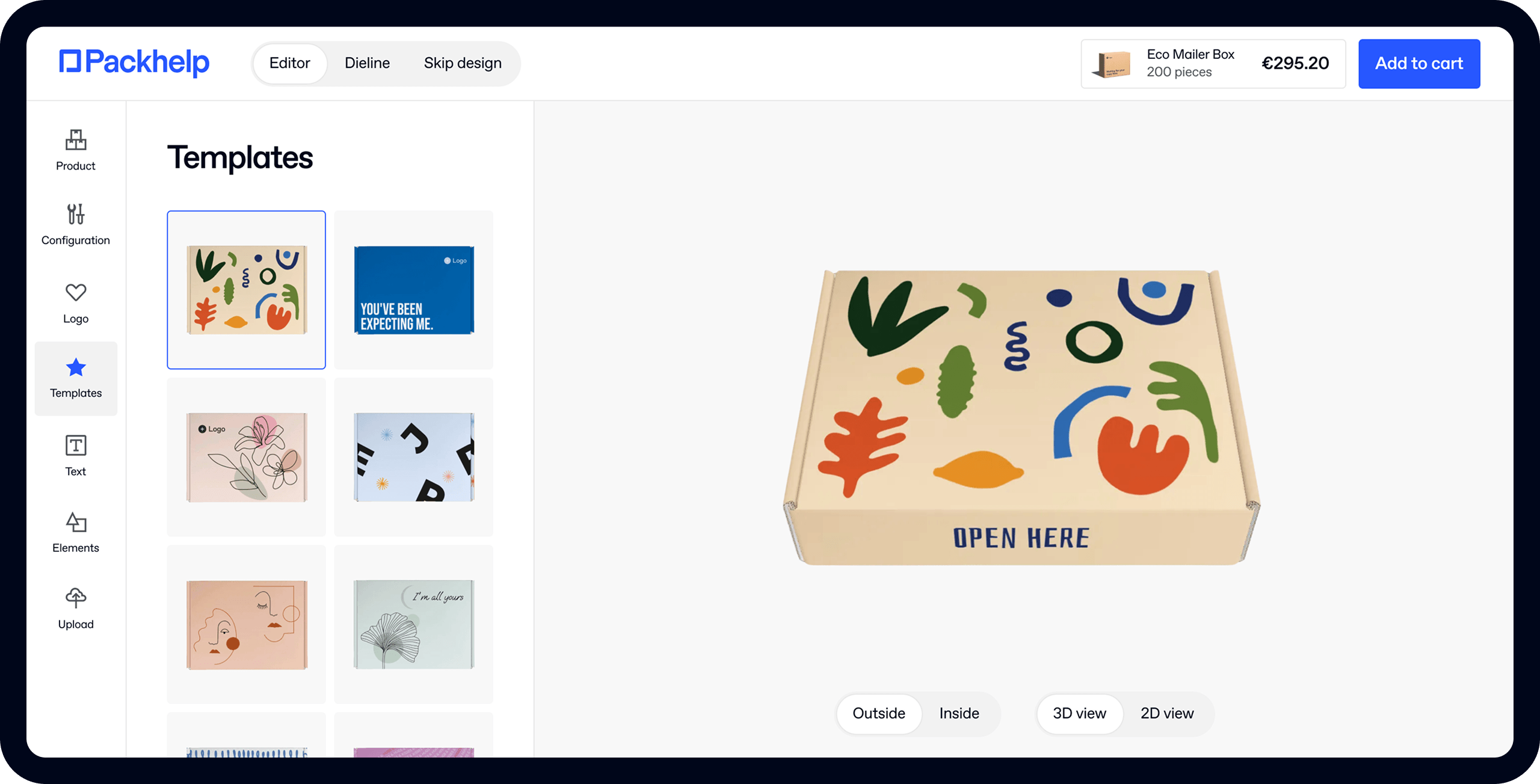


Plain Glass Dropper Bottle with Pipette
A small glass bottle with a glass/rubber pipette dropper


Designed for Fashion Brands – 22% off
Explore our new packaging collection created for apparel and fashion brands. Celebrate the launch with 22% off.
Code:PACKFASHION22
Choose quantity
- 30€1.10/piece€33.00
- 60€0.91/piece€54.60
- 90€0.84/piece€75.60
- 120€0.80/piece€96.00
- 250€0.79/piece€197.50
- 500€0.61/piece€305.00
- 1000€0.56/piece€560.00
- 2000€0.55/piece€1,100.00
- 5000€0.55/piece€2,750.00
- 7500€0.55/piece€4,125.00
- 10000Out of stock€0.55/piece€5,500.00
- 12500Out of stock€0.55/piece€6,875.00
- 15000Out of stock€0.55/piece€8,250.00
Bigger needs?
net / 30 pieces
€33.00€33.00
Need help with packaging?Our experts will recommend the best fit and walk you through the choices



Sample packs
With refund on next order

Related products

Custom Labels
Morenet / 30 pieces
€33.00€33.00
| Data for current product configuration | Plain Glass Dropper Bottle with Pipette10 ml |
|---|---|
| Material | Glass |
| Material colour | Brown |
| Thread | 18-415 |
| Closure type | pipette |
| Closure colour | Black |
| Raw material | glass |
| Weight | 0.035 kg |
| Eco properties |
|
| Variant SKU | ph-208-1105 |
Suitable for a wide range of industry and products, like CBD, cosmetics, apothecary and more, these brown glass bottles come in 3 sizes and have a black lid.
Loading...
Are glass containers food-safe and suitable for supplements?
es, glass jars and bottles are 100% safe for your edible substances like liquids, solid foods and supplement capsules & gummies. Just tightly screw on a lid and enjoy a waterproof seal that’s also a great protection from air. But remember to handle it gently and never sell your products in glass cracked either on the inside or the outside. Even if the container didn’t break, it can cause danger like cutting the user’s hands or releasing tiny glass shards into the product.
Are glass jars and bottles recyclable?
That’s right! Glass is fully recyclable. More than that, it can be endlessly recycled and never lose its original quality. Because generally, products come in glass bottles and jars with paper labels adhered with glue, there’s a fair question: Do labels have to be removed for recycling? The answer is: most recycling centres accept glass with labels but it’s always a good idea to remove them, just in case.
Are glass bottles and jars better for the environment than plastic?
Generally speaking, yes - but there’s only one reason for that. Glass is a non-toxic substance, regardless of how long it takes to decompose. Non-recycled plastic releases toxic substances into the environment. That being said, it takes 450-1000 years for plastic and 1 million years for glass to break down.
Others also bought



















